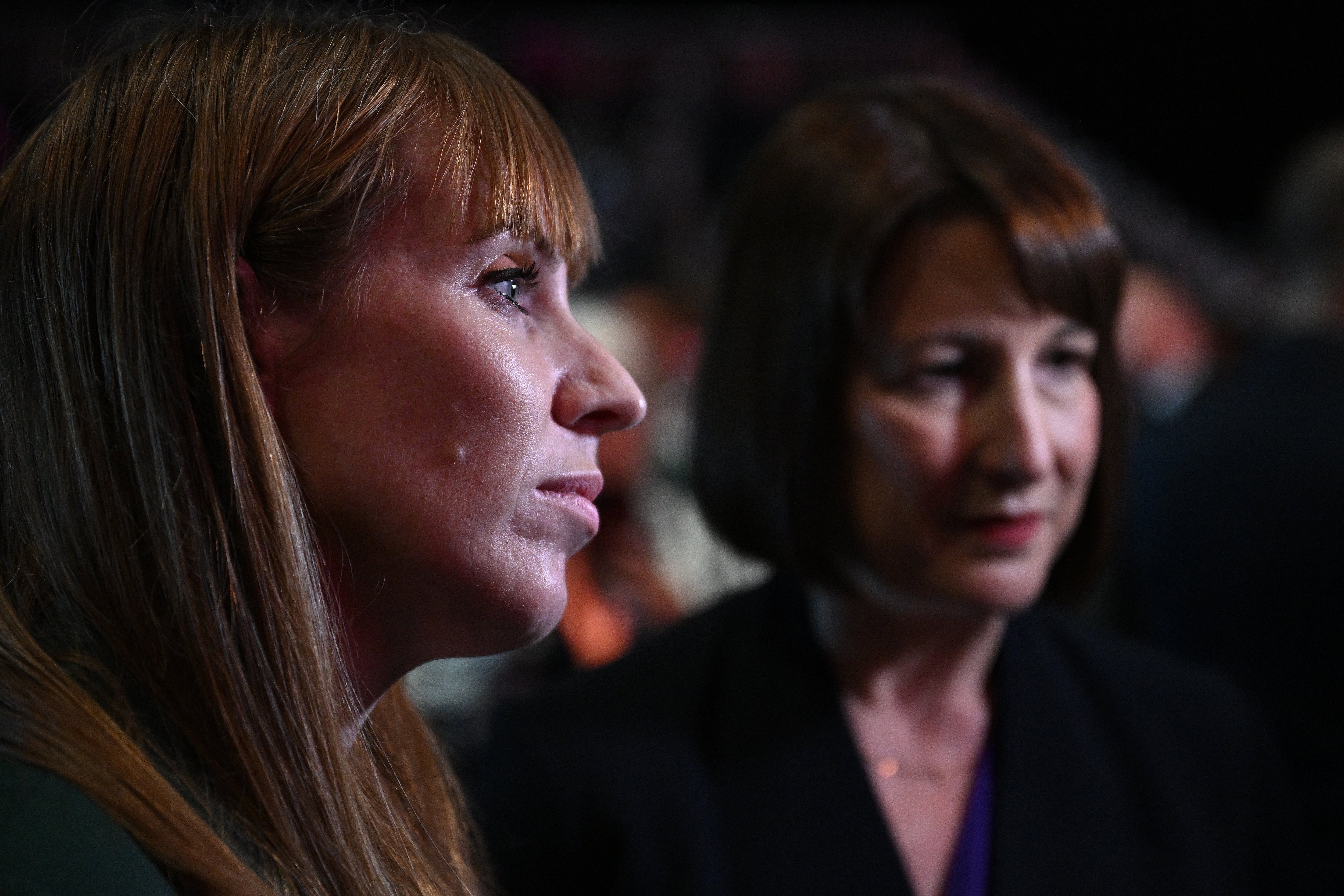What Labour’s Renters’ Rights Bill means for UK tenants
Angela Rayner has said she is “determined” to get Labour’s plans into law

Your support helps us to tell the story
From reproductive rights to climate change to Big Tech, The Independent is on the ground when the story is developing. Whether it's investigating the financials of Elon Musk's pro-Trump PAC or producing our latest documentary, 'The A Word', which shines a light on the American women fighting for reproductive rights, we know how important it is to parse out the facts from the messaging.
At such a critical moment in US history, we need reporters on the ground. Your donation allows us to keep sending journalists to speak to both sides of the story.
The Independent is trusted by Americans across the entire political spectrum. And unlike many other quality news outlets, we choose not to lock Americans out of our reporting and analysis with paywalls. We believe quality journalism should be available to everyone, paid for by those who can afford it.
Your support makes all the difference.Labour’s flagship overhaul of private renting laws has been debated in parliament and is set to progress as the party reaches its 100th day in power.
The Renters’ Rights Bill sets out a raft of new legislation designed to give greater rights and protections to private renters in the UK, as set out in Labour’s election manifesto.
The delivery of the new bill is being led by deputy prime minister Angela Rayner, who is also the housing secretary. The Labour minister has said she is “determined to get this bill into law as soon as possible.”

Its speedy delivery has been welcomed by campaigners. Shelter chief executive Polly Neate said: “The Renters’ Rights Bill is proof that their voices are finally starting to be heard.”
Laying out the bill at the King’s Speech, Labour wrote: “The government is determined to address the insecurity and injustice that far too many renters experience by fundamentally reforming the private rented sector and improving the quality of housing in it.”
Here’s what the bill will change for renters in the UK:
Section 21 ‘no fault’ evictions abolished
Arguably the bill’s headline measure, this change will remove landlords’ power to evict tenants at two months’ notice without having to give any reason.
After years of campaigning, the scrapping of section 21 notices was first announced by the Conservatives in 2019, and put into a bill in 2023. After months of delays, this bill never passed due to the general election but has now been revived and updated by Labour.
Fairer possession grounds
Under the new legislation, tenants will be given greater security through safeguards that give them more time to find a new home if the landlord evicts them to move in or sell.
Labour says the measures will be “fair to both parties”
Protect against backdoor eviction via rent rises
In another key measure, the Renters’ Rights Bill will give tenants the power to appeal above-market rent increases which are designed to force them out of the property.
Landlords will retain the power to increase rents but only once a year and always within market rates. An independent tribunal can make a judgement on this if it is taken to appeal.
The bill will also end the practice of rental bidding – commonplace in large cities – by prohibiting landlords from asking for or accepting offers above the advertised rent.
Further protection from discrimination
The bill will make it illegal for landlords to discriminate against potential tenants for receiving benefits or having children, who aren’t protected under current legislation.
Tenants will also have strengthened rights to request a pet in the property, which the landlord must consider and cannot unreasonably refuse. Landlords will be able to request pet insurance is purchased to cover any possible damages.
Improve housing standards
To tackle poor housing standards, the bill will enforce a Decent Homes Standard on the private sector, similar to the system that governs social housing. The change will ensure tenants’ living conditions are safe and decent, giving clearer expectations of standards and greater powers to local authorities to tackle non-compliance.
Also imported from the social housing sector is Awaab’s Law, introduced in 2023. Named after two-year-old Awaab Ishak who died avoidably due to exposure of mould in his social rented home, the law requires landlords to address hazards within a set timeframe.
Join our commenting forum
Join thought-provoking conversations, follow other Independent readers and see their replies
Comments